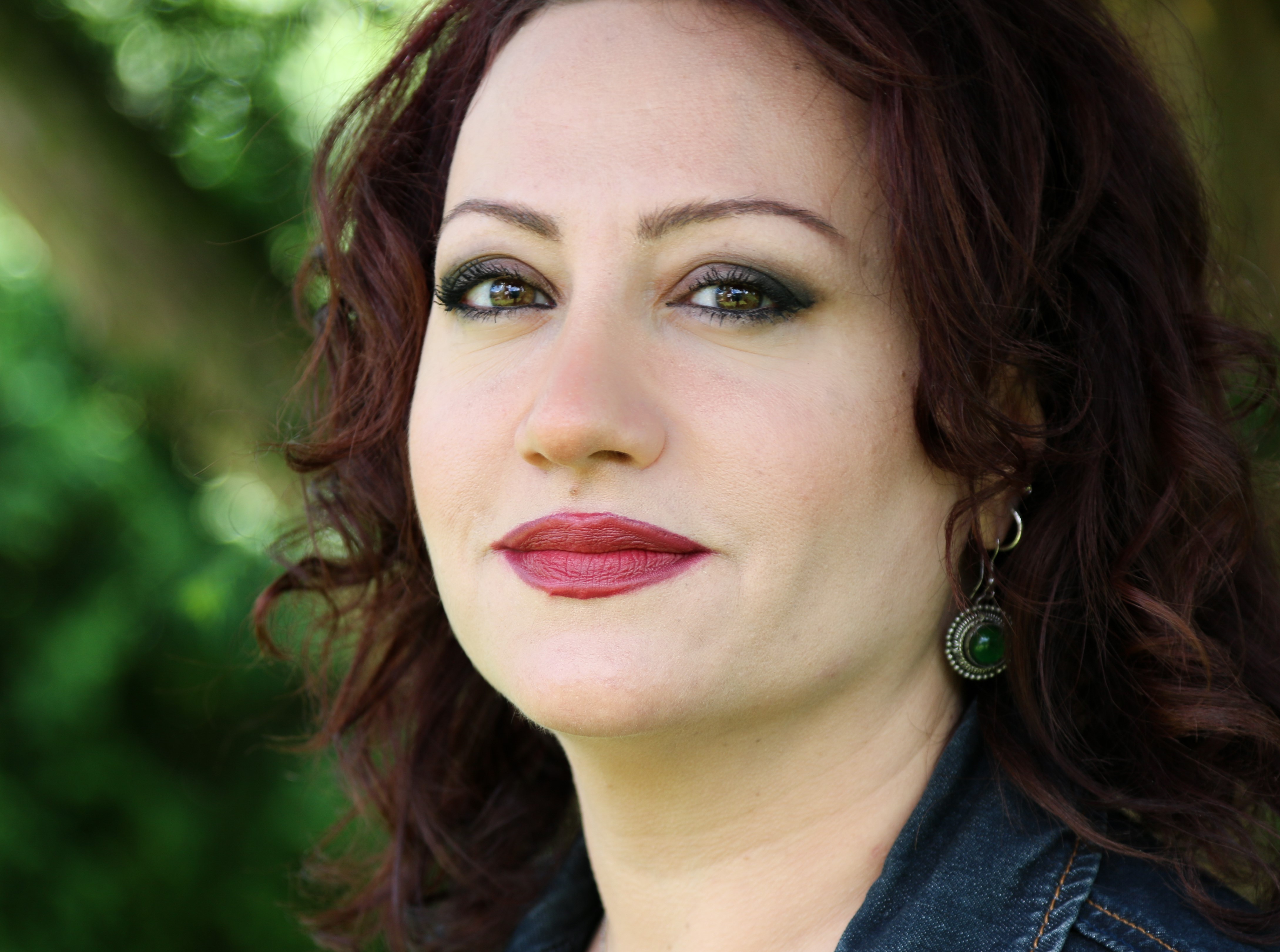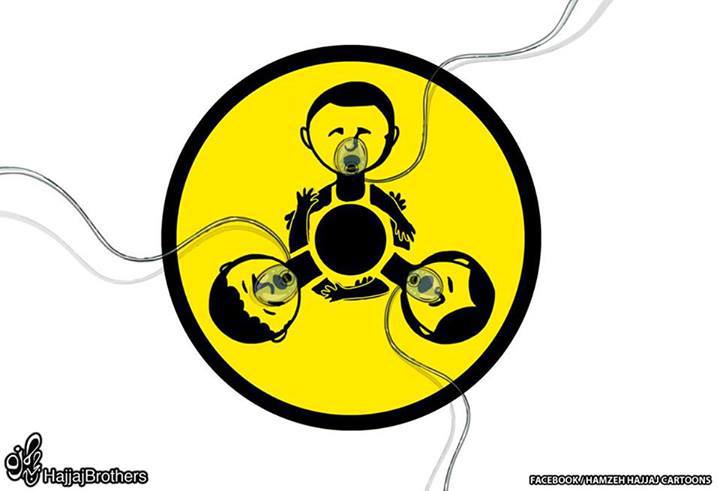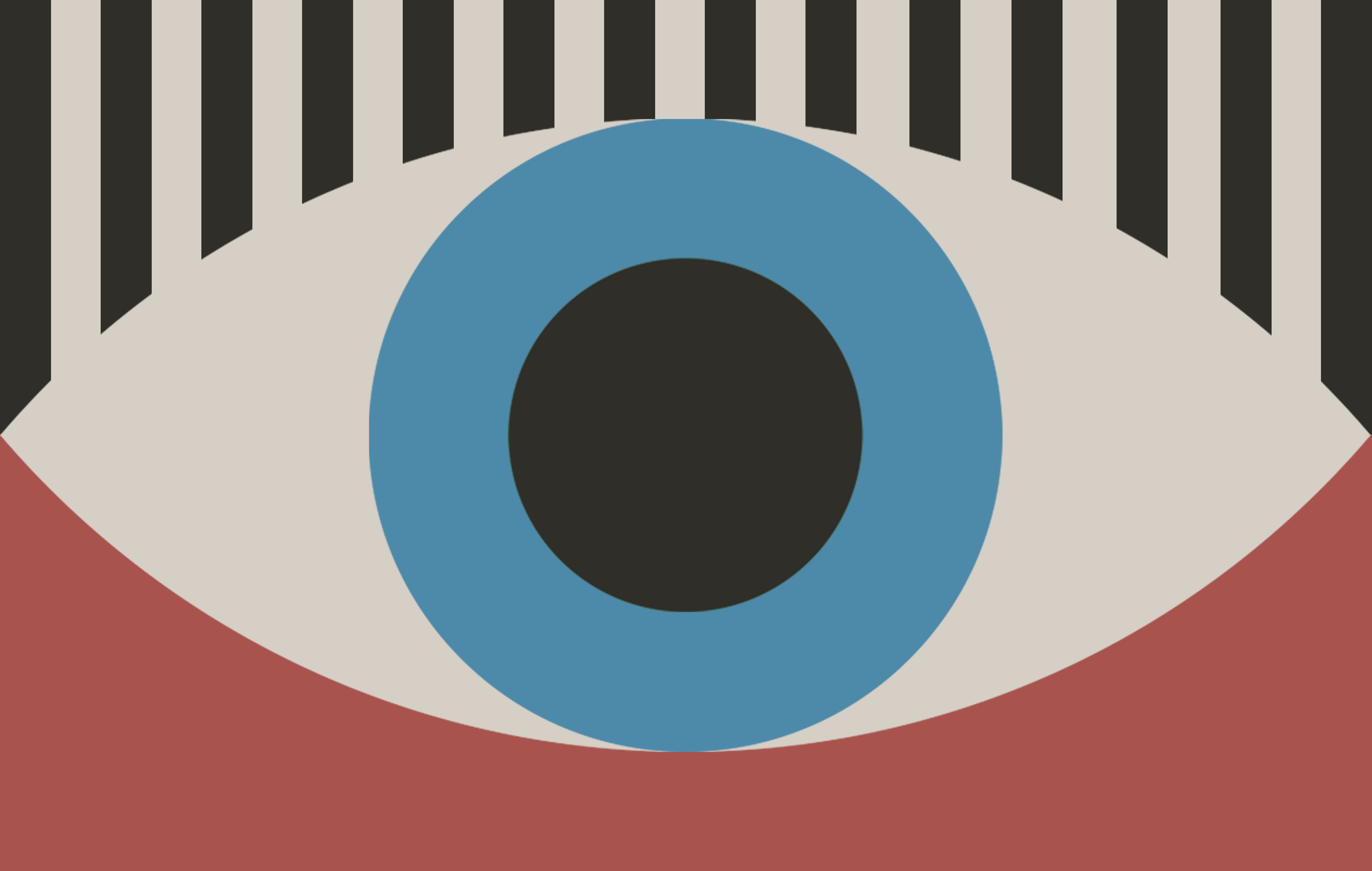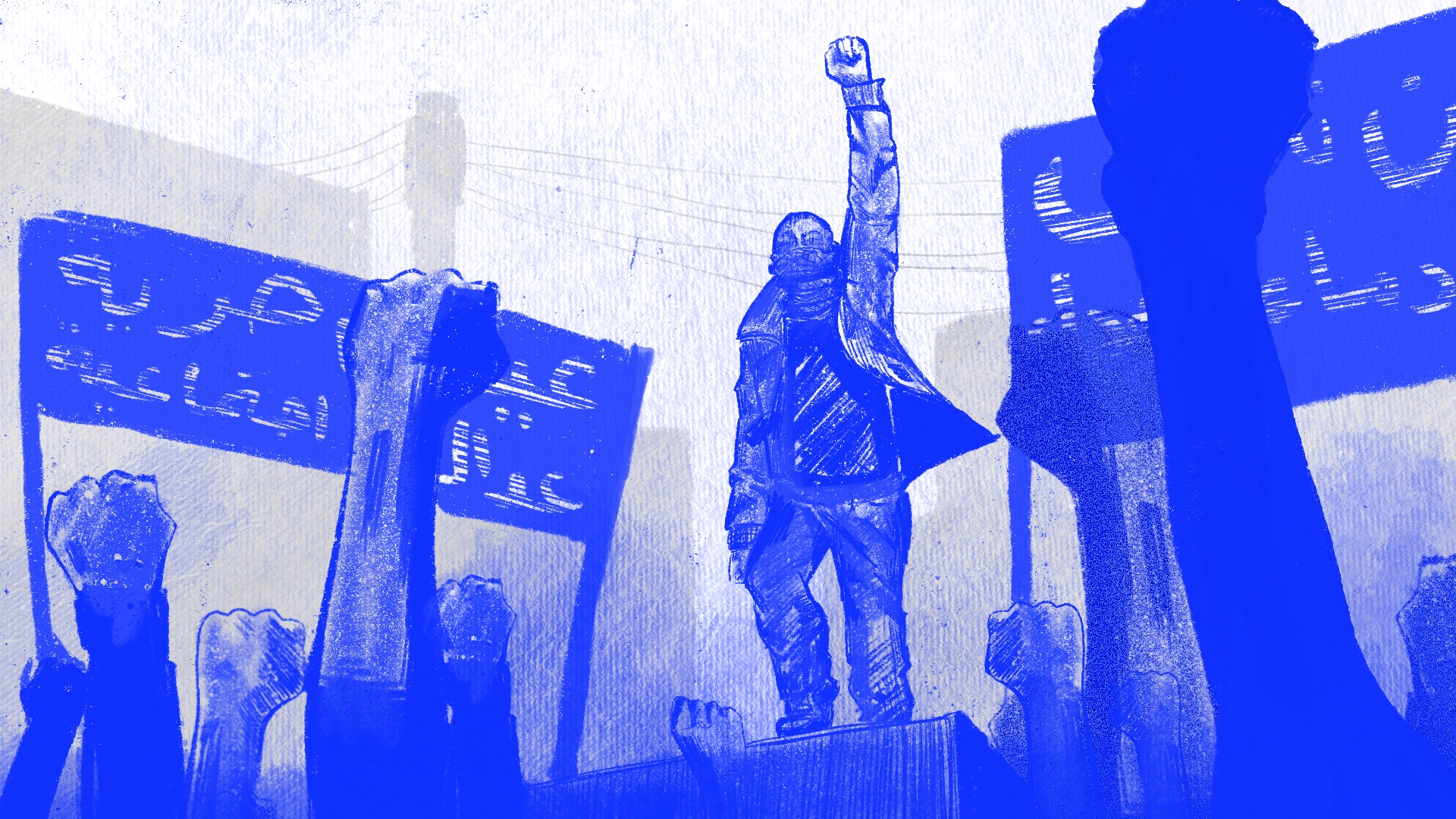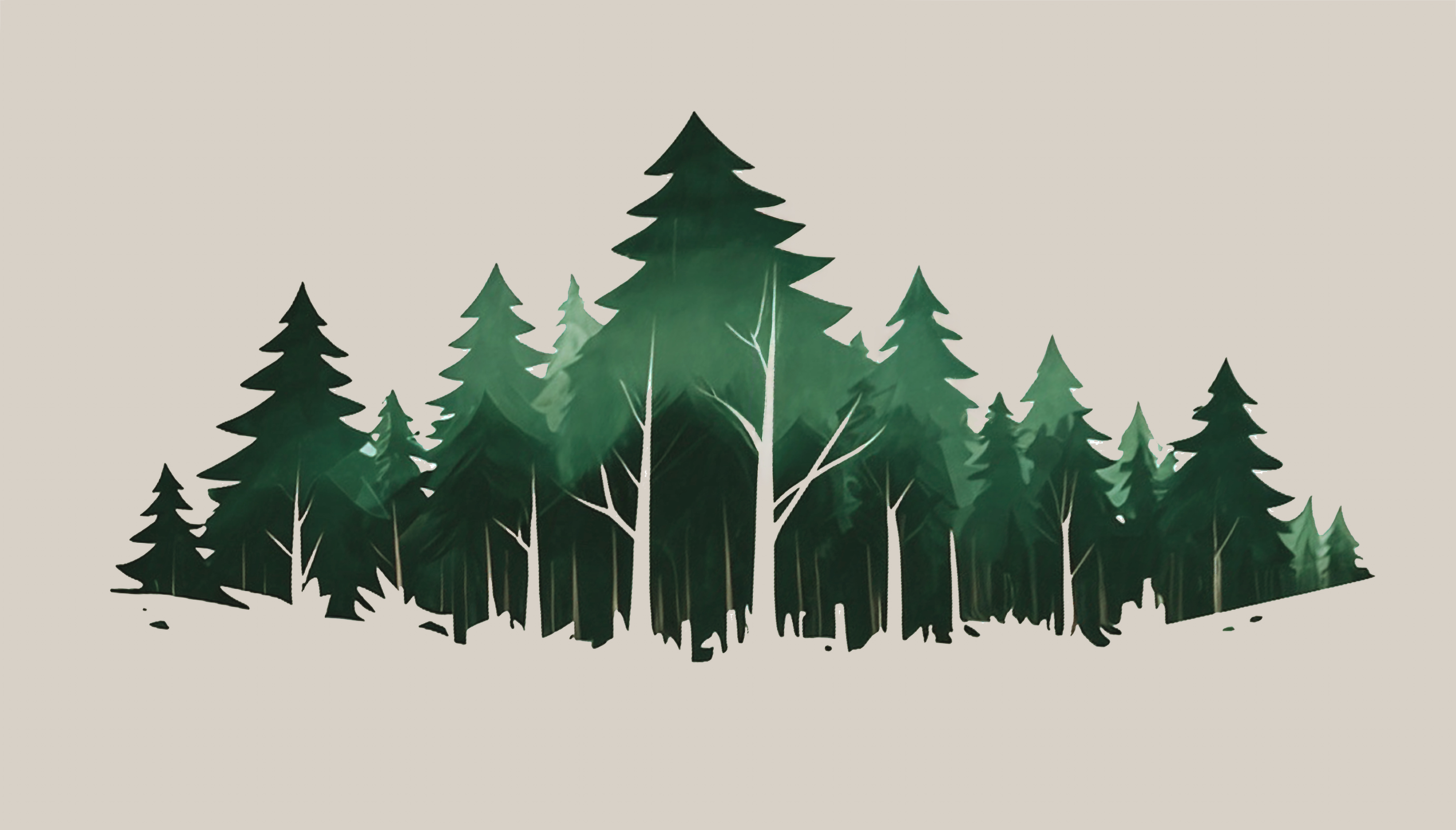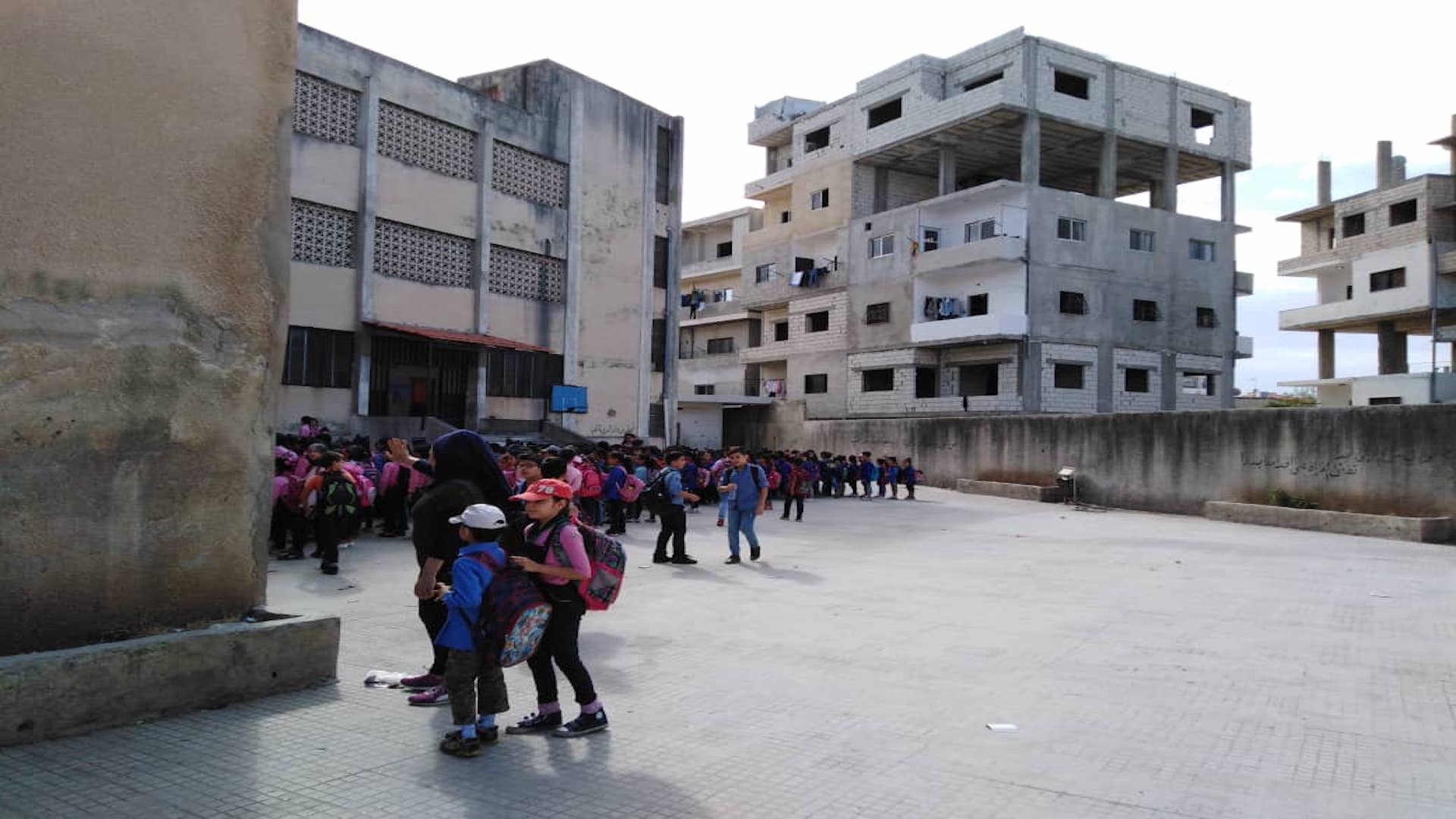In collaboration with SyriaUntold, Daraj is currently publishing a series of testimonies from survivors of the Coast massacre, as documented and recorded by Syrian writer Rosa Yassin Hassan.
In these children's stories, the good hero could not prevail. He did not save Baba from the monster. He failed to return the children to Mama’s embrace. And he did not bring the story to the kind of ending we grew up with—living happily ever after.
In these stories, there was no good hero at all. Every hero was bloodthirsty. This new form of storytelling will give rise to other tales—ones where only monsters triumph. They will triumph over memory, over imagination, over the hearts of an entire generation of children on the Syrian coast.
I will tell you the first of these stories. It is about Mila Salman, a five-and-a-half-year-old girl with chestnut-colored braids and a laugh that brightens darkness, just like the laughter of other children in the country. But that morning did not just bury her laughter—it changed her life forever. It was Saturday morning, 8 March, 2025. The gunfire in the Qusour neighborhood of Baniyas was terrifying, deafening both the air and the ears. The family of Kumait Salman, 40, a computer engineer at Baniyas Hospital, his wife Hiba al-Ali, 38, their son Ali, 7, and their daughter Mila was in the home of their neighbors and friends, Yazan al-Khalil, his wife Aline Shahla, and their two-year-old daughter Qamar when the massacre occurred.
- I loved little Qamar so much.
Mila told her aunt. The latter tried to change the subject.
- They thought I was dead.
- …
On that bloody morning, everyone was huddled together in the living room. Mila and Ali were trembling with fear from the sounds outside. Mila was in her mother's arms, and Ali was in his father's. Little Qamar was being carried by her mother, who was circling around the living room to calm her incessant crying. Suddenly, there was a loud knock on the door. Heba tried to reassure her daughter, "Don't be afraid, my love." But the little girl clung even more tightly to her mother's embrace. A group of masked, armed men entered and spread throughout the house.
It is about Mila Salman, a five-and-a-half-year-old girl with chestnut-colored braids and a laugh that brightens darkness, just like the laughter of other children in the country. But that morning did not just bury her laughter—it changed her life forever.
-They had no faces... They took Baba and Uncle Yazan with them... They shot Mama and Aunt Aline, and they hit me on the head with a rifle.
Mila recounted the incident once again. Each time she recounted the story, she remembered a new detail.
When the gunmen entered the house, they took Kumait and Yazan with them, led them to the roof, and shot them. Back at home, they shot Heba, Aline, Ali, and Qamar, and hit Mila in the head. Something kept them from shooting her in the head! Was it so she would be the only witness to the massacre? Or was there another reason? She fainted and didn't feel a thing.
-No... I slept. It was Aloush (Ali’s nickname) who fainted.
Mila corrects the information.
When Mila woke up, everything was still. The screaming had stopped. Silence filled the space. She began to take in her surroundings—Mama lay lifeless on the ground beside her, her long hair and clothes soaked in blood. Next to her was the body of her brother, Aloush. She shook him, but he didn’t move. His wool sweater was damp with a sticky red liquid that smeared onto her small hands. Little Qamar’s yellow sweater was also stained red. She was still in her dead mother’s arms.
-I approached Qamar because I thought her eyes were open, but she didn’t wake up. Mama didn’t wake up either, nor did Aloush, nor did Aunt Aline.
Mila woke up surrounded by relentless death. She had no choice but to lie down among the bodies, hoping that if the militants returned, they would think she was dead and leave her alone. That was what a five-and-a-half-year-old girl was thinking!
-After I don’t know how long, my aunt came to take me with her. She hugged me, crying, and carried me away. I told her, 'They’ve taken Baba.'"
-...
When the massacre was over, Mila’s aunt managed to reach the neighborhood. The building was littered with corpses. She could not calm herself, nor could she soothe the little girl in her arms. Mila looked dazed, a deep wound on her forehead, her eyes darting around without focus, her face pale as death. They had to climb over the bodies scattered across the floors of the building to leave. In the house opposite, seven more bodies lay still—their neighbors. The father, Amjad Khazami, an employee at the Ministry of Agriculture. The mother, Abeer Houria, an Arabic language teacher. And their five children. Nour, a university student, swimming in her own blood next to Mahmoud, 14; Bana, 13; and the twins, Adam and Akram, 7. Mila stood there, staring at them in astonishment.
-Adam!!!
-Hurry, hurry, my little girl...
Mila’s aunt pulled her by the hand, her only thought at that moment being to get the little girl out of this hell.
As they hurried down the stairs, Mila caught sight of something through the open door of an apartment. On the third floor, she saw the blonde hair of their neighbor, huddled next to her husband and their ten-year-old son, Ali. It was Rana Fayyad, a nurse. Her husband, Ayman Bilal, an employee at the Forestry Directorate, lay beside her. His glasses rested next to his head. Their seven-year-old son, Youssef, stood frozen in shock beside their bodies. He had survived by hiding inside a closet. Youssef was another witness to a massacre—a story unlike any ordinary children’s tale. He would retell it one day, in a new form, after his survival. But was it really a survival?
-Youssef... Youssef...
-...
Mila’s aunt took her away to Tartous, leaving behind the bodies of her sister, her husband, and her son. At the time, they were not allowed to take the bodies. She had taken Mila out of hell, but would hell ever leave her? She wasn’t sure. That morning was the last time Mila would see her brother Aloush, her father, her mother, and little Qamar alive. Only the images of their bloodied bodies and disfigured faces would remain etched in her memory.
The building was littered with corpses. She could not calm herself, nor could she soothe the little girl in her arms. Mila looked dazed, a deep wound on her forehead, her eyes darting around without focus, her face pale as death. They had to climb over the bodies scattered across the floors of the building to leave.
That same day, Yazan’s mother would come and find him on the roof among the other victims. He was still alive, still breathing. But he would die in the hospital a few hours later. As for little Qamar, her grandmother was able to retrieve her body and bury her properly—a beautiful little girl in a yellow sweater stained with red. At that very moment, in a nearby house in the same neighborhood, another three-year-old girl named Mira was living a similar nightmare. She was awakened by loud noises coming from the living room. Mira didn’t have braids, but her mother had placed two rose-shaped hairpins in her hair before she went to sleep, matching the pink pajamas she wore. Clutching her white teddy bear, she stepped out into the living room—where men carrying weapons filled the space.
-The thief said to my mother, 'Give me the money.' She told him, 'We don’t have money or gold. I’m an employee, and I don’t have gold. Please don’t kill me for the sake of this girl.' She meant me.. He shot her in the face, entered the room, and took my mother’s hair dryer and straightener.. He told me to go to sleep. I told him I wanted to sit next to my mother, that I didn’t want to sleep. He told me to go to sleep.
Mira Rabib wasn’t killed. That gunman didn’t shoot her. Did he have a child her age? Maybe. Did he leave her alive to be a witness to a massacre? Maybe. Questions will remain suspended in my memory, never finding answers to bring peace. But Mira would witness the murder of her father, Ghassan Rabib, a worker at the Baniyas refinery and a chef at a pizza restaurant. She would see him lying face down, floating in a pool of blood, a bullet lodged in his head. She would place a teddy bear beside him so he wouldn’t feel alone, because she would sit next to her mother, Faten Idris, a teacher at the Industrial School, sprawled on the carpet, covered in blood, the bullet hole in her face having devoured most of it.
“To whom will I say good morning from now on!”
20 March 2025
-Mama was killed by a thief who made a hole in her face. She’s asleep and won’t wake up!
-And Baba?
-Baba is asleep too, with a red pool around him.
-Don’t worry, I’m coming to get you.
Mira told her uncle over the phone.
Her uncle, who had been trying to check on his sister, her husband, and their daughter, was trapped in their village, Harisoun. Armed men had stormed in, shelling houses, burning, and looting. Many residents had fled into the forests and nearby villages before the killings could begin. News was pouring in from Baniyas and the surrounding villages—reports of massacres, slaughtered families. He was consumed with worry for his sister and her family.
Then, over the phone, he heard movement near Mira.The line disconnected.
He understood what had happened after someone hung up the phone. He had been calling his sister’s upstairs neighbor, pleading with her to go down and take Mira from the house. The woman, her voice shaking with fear, told him through tears that they were surrounded, that she couldn’t leave. But her mother-in-law, dressed in a long jalabiya and a white headscarf—clothing typical of the local women—was mistaken by the gunmen for a Sunni. Moments earlier, they had berated her for being married to an Alawite man. Maybe, just maybe, she had managed to get Mira out. When the neighbor finally reached the lower floor, Mira was there—alone, sitting next to her parents' bodies. Silent. Motionless. Staring into the void.
Mila and Mira are survivors of two massacres they witnessed firsthand, just like many children on the Syrian coast. They survived physically, but how much can they truly survive as two girls who will grow up bearing the weight of survival—the guilt of being alive, the horrific images, the deep-seated fear, and the heavy memory filled with ghosts haunting their souls?
-Mama isn’t answering me! I keep trying to wake her up, but she won’t wake up!
The neighbor gently covered Faten’s body with a blanket and took little Mira with her.
Because of that woman, Mira was able to get out. She stayed with her for five days, until her uncle was finally able to reach Baniyas and take her with him.
The bodies of Ghassan and Faten remained on the ground until the afternoon. Their families were unable to leave their village to retrieve them. Red Crescent volunteers dressed the bodies in white bags, writing their names on them, before placing them along with other victims from the neighborhood in Red Crescent vehicles. They were taken to mass graves near the Sheikh Hilal shrine, where they were buried together. Atop each body was a makeshift block with a name, marking the final resting place. Here lay a person who once had a life—a family, loved ones, and a memory.
Mila and Mira are survivors of two massacres they witnessed firsthand, just like many children on the Syrian coast. They survived physically, but how much can they truly survive as two girls who will grow up bearing the weight of survival—the guilt of being alive, the horrific images, the deep-seated fear, and the heavy memory filled with ghosts haunting their souls? They carry with them stories that will one day be told—stories about fathers, mothers, and brothers who were buried in mass graves and never returned home. In these stories, there were no good heroes who triumphed in saving lives—only monsters who won.


